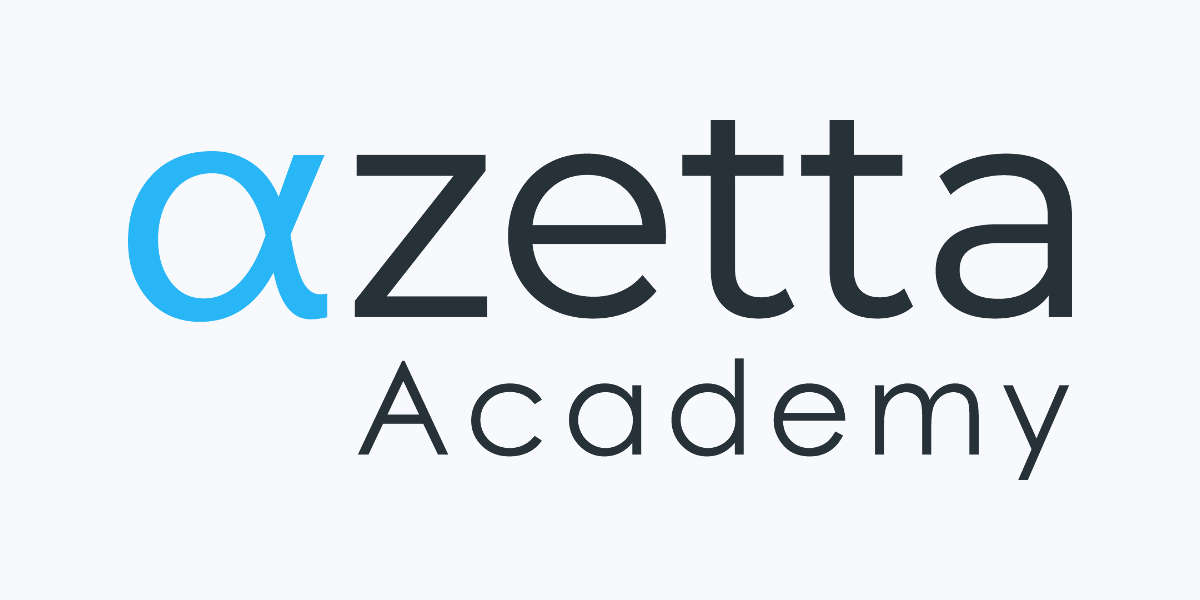Stephen Brobst offers a range of workshops and seminars on analytics topics for AlphaZetta Academy. Stephen is a thoroughly engaging speaker and trainer and his expertise is a fascinating to witness. Contact us today to arrange a workshop or seminar at your organisation.
Stephen is the Chief Technology Officer for Teradata Corporation. He performed his graduate work in Computer Science at the Massachusetts Institute of Technology where his Masters and PhD research focused on high-performance parallel processing. Stephen also completed an MBA with joint course and thesis work at the Harvard Business School and the MIT Sloan School of Management. He is a TDWI Fellow and has been on the faculty of The Data Warehousing Institute since 1996. During Barack Obama’s first term he was also appointed to the Presidential Council of Advisors on Science and Technology (PCAST) in the working group on Networking and Information Technology Research and Development (NITRD). In 2014 he was ranked by ExecRank as the #4 CTO in the United States (behind the CTOs from Amazon.com, Tesla Motors, and Intel) out of a pool of 10,000+ CTOs.



